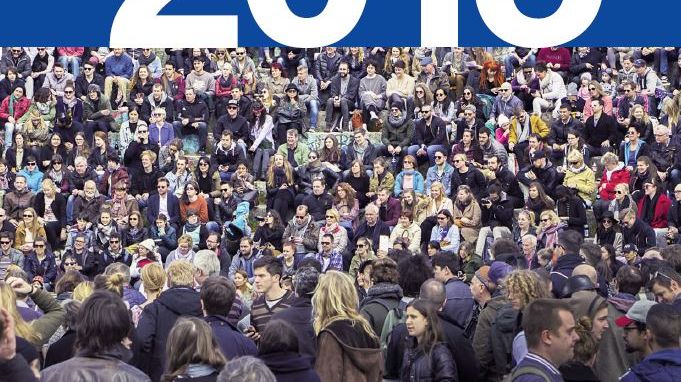
News -
A year in the life of Europe
The Eurofound yearbook 2015: Living and working in Europe has just been published, highlighting research into pivotal social and employment issues in Europe, in a year when Eurofound celebrated the 40th anniversary of its establishment.
The yearbook describes 12 months of divergent trends in the work and lives of people in Europe. Working conditions of those at work have not, on the whole, been eroded in recent years. Worker motivation is high, average working hours have fallen, and gender equality at work is on the rise, despite a labour market that is still highly segregated.
However, the situation is not all positive and the catch-up process of convergence in wages in Europe has stopped. New forms of employment are emerging that offer flexibility and new opportunities for some, but signify insecurity, low pay and poorer prospects for others.
Today, those who suffered most from the lack of work have now more chance of finding a job, but in labour markets that are more polarised between high-skilled, high-paying jobs and low-skilled, low-paying jobs, and markedly segmented. Many workers, for example, are accepting a temporary contract, usually with worse conditions, when they cannot find a permanent job.
Other evidence of Eurofound’s research contradicts assumptions pervasive in some hot debates, such as the so-called welfare tourism or the outcomes of decentralised collective bargaining.
Download the full Living and Working in Europe 2015 report here

